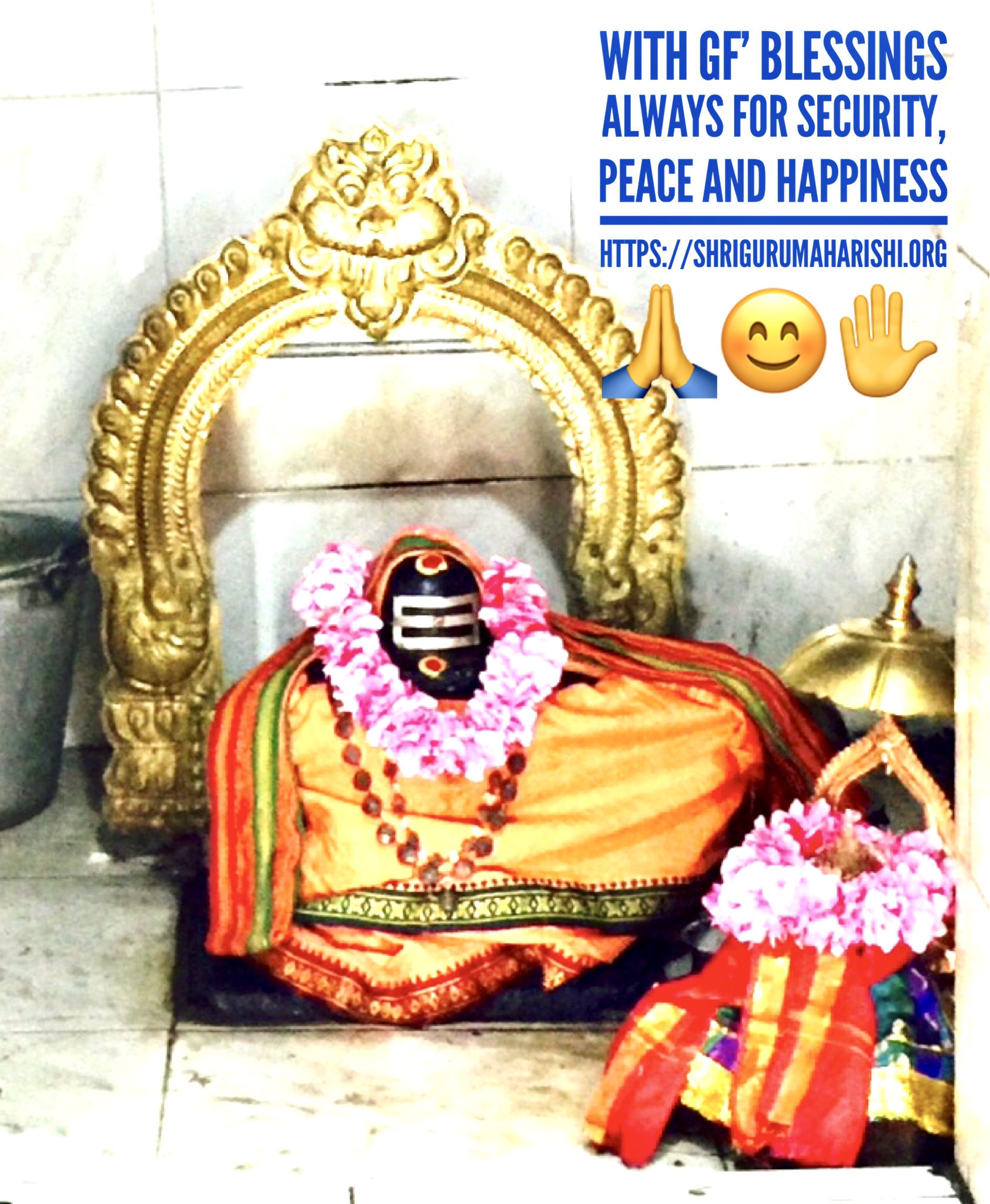Hari Om The word "Jnâna," being derived from the Sanskrit root Jnâ," to know, means knowledge; and the ideal which it holds up before its followers is the realization of that Absolute Truth, which is the one common source of all subjective and objective phenomena in the universe. It teaches that there is one life, … Continue reading The Jnâna Yoga — The Path of Wisdom
Tag: Supreme Self
Moksha or Enlightenment
Hari Om Moksha Moksha is the summum bonum of life. Moksha is the fulfilment of life’s purpose. Life ends on this earth plane when you attain Moksha or liberation from birth and death. The realisation of your real object in life is freedom or Moksha. Moksha bestows on you eternal life of undecaying bliss and perennial joy. … Continue reading Moksha or Enlightenment
Chandogya Upanishad – TAT TVAM ASI (THAT THOU ART) or You Are That
Hari Om THERE lived once Shvetaketu, Aruna's grandson; his father addressed him, saying Shvetaketu, go, learn the service of the Eternal; for no one, dear, of our family is an unlearned nominal worshipper. So going when he was twelve years old, he returned when he was twenty-four; he had learned all the teachings, bat was … Continue reading Chandogya Upanishad – TAT TVAM ASI (THAT THOU ART) or You Are That
A VEDIC MASTER
Hari Om THESE men, Sukeshan Bhâradvâja, and Shâivya Satyakâma, and Sâuryâyanin Gârgya, and Kâushalya Ashvalâyana, and Bhârgava Vâidarbhi, and Kabandhin Kâtyâyana, full of the Eternal, firm in the Eternal, were seeking after the supreme Eternal. They came to the Master Pippalâda, with fuel in their hands, saying: He verily will declare it all. And the … Continue reading A VEDIC MASTER
Katha-Upanishad – I
Hari Om Peace Chant May He (the Supreme Being) protect us both, teacher and taught. May He be pleased with us. May we acquire strength. May our study bring us illumination. May there be no enmity among us. OM! PEACE! PEACE! PEACE! Part First I Vahasrava, being desirous of heavenly rewards (at the Viswajit sacrifice), … Continue reading Katha-Upanishad – I
Katha-Upanishad – II
Hari Om Part Fourth I The Self-existent created the senses out-going; for this reason man sees the external, but not the inner Atman (Self). Some wise man, however, desiring immortality, with eyes turned away (from the external) sees the Atman within. In the last chapter the Ruler of Death instructed Nachiketas regarding the nature and … Continue reading Katha-Upanishad – II
Kena-Upanishad
Hari Om Like the Isavasya, this Upanishad derives its name from the opening word of the text, Kena-ishitam, "by whom directed." It is also known as the Talavakara-Upanishad because of its place as a chapter in the Talavakara-Brahmana of the Sama-Veda. Among the Upanishads it is one of the most analytical and metaphysical, its purpose … Continue reading Kena-Upanishad
Isa-Upanishad
Hari Om Peace Chant OM! That (the Invisible-Absolute) is whole; whole is this (the visible phenomenal); from the Invisible Whole comes forth the visible whole. Though the visible whole has come out from that Invisible Whole, yet the Whole remains unaltered. OM! PEACE! PEACE! PEACE! The indefinite term "That" is used in the Upanishads to … Continue reading Isa-Upanishad
Introduction to Upanishads
Hari Om The Upanishads represent the loftiest heights of ancient Indo-Aryan thought and culture. They form the wisdom portion or Gnana-Kanda of the Vedas, as contrasted with the Karma-Kanda or sacrificial portion. In each of the four great Vedas—known as Rik, Yajur, Sama and Atharva—there is a large portion which deals predominantly with rituals and … Continue reading Introduction to Upanishads
Brahman and Maya
Hari Om Brahman or the Supreme Self is beyond time and space, causation. He is limitless. He is tranquil. He shines with equal effulgence in all bodies. He cannot be any particular thing. He is Chaitanya or pure consciousness. He is Vastu, Atman or Brahman or the Supreme Self is the hidden treasure. It is … Continue reading Brahman and Maya








